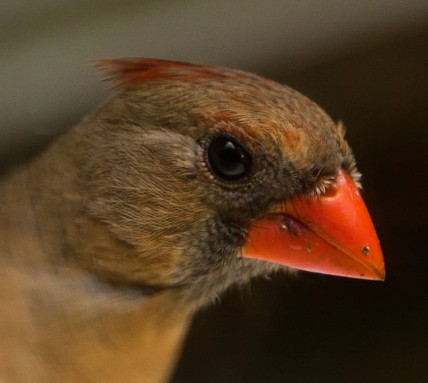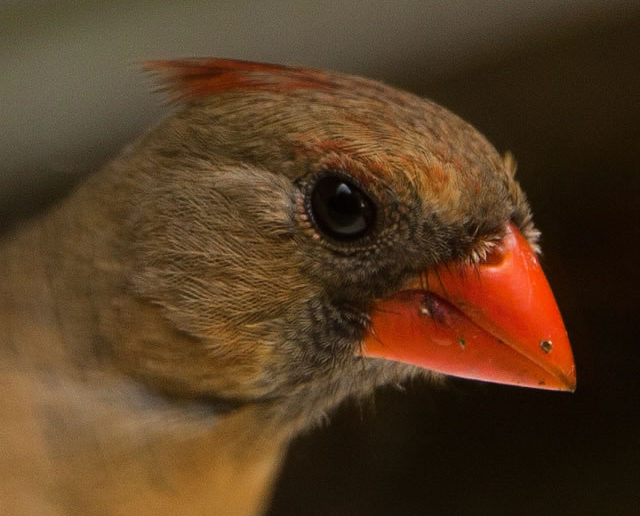
Photograph by Matthew Knot
In July the Francis Crick Memorial Conference, at Cambridge University, decided that we aren’t as exceptional as we once believed. At the conference a group of people, mostly experimental neuroscientists, tried to put to rest preconceived notions of human exceptionalism. They issued a manifesto, the Cambridge Declaration on Consciousness in Non-Human Animals. It states:
The absence of a neocortex does not appear to preclude an organism from experiencing affective states. Convergent evidence indicates that non-human animals have the neuroanatomical, neurochemical, and neurophysiological substrates of conscious states along with the capacity to exhibit intentional behaviors. Consequently, the weight of evidence indicates that humans are not unique in possessing the neurological substrates that generate consciousness. Nonhuman animals, including all mammals and birds, and many other creatures, including octopuses, also possess these neurological substrates.




